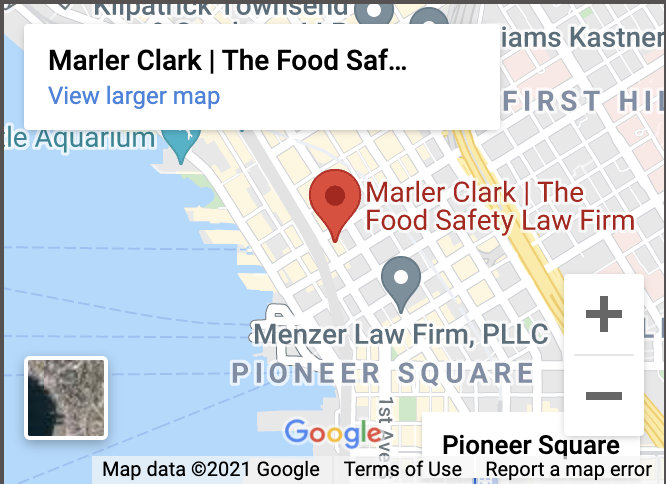Outbreaks
Tomato Shigella Outbreak
In May of 2001, a large outbreak of gastrointestinal illness involving five local restaurants under the same ownership occurred in Nassau County in New York state. Four culture-confirmed S. flexneri cases were reported by the county health department, all of whom had eaten at restaurant A before the onset of illness. Subsequently, a nurse reported diarrhea in 19 of 70 persons who ate a hospital lunch catered by restaurant A. Reports of illness in persons who had eaten at the four other restaurants followed. In all, 118 isolates of S. flexneri were recovered from 886 patrons and 16 isolates recovered from 150 restaurant employees.
An epidemiologic investigation identified raw tomatoes as the source of the outbreak. During the week before the outbreak, all five restaurants received tomatoes from a single new distributor. The distributor bought them in Queens from a wholesale marketer who had received tomatoes from Florida during May 2001. Days before the outbreak, the distributor sold overripe and bruised tomatoes at a discount to the five restaurants. The rate of illness peaked at each restaurant within 24 hours of the arrival of the tomatoes. No other restaurants supplied by this distributor received “special grade” tomatoes during the outbreak (and no other outbreaks were reported).
After being sliced at the restaurant, the tomatoes were kept in a salad bar refrigerated from the bottom, but located next to a hot grill; the tomatoes were kept in the bin closest to the grill. Interviews with sorters and packers at the distributor and employees at the restaurant revealed that the tomatoes were not washed at either site. Employees of the distributor were reportedly not ill, although two employees who were recent Caribbean immigrants were not available for interview. Interviews with restaurant employees, all of whom had eaten many items served at the restaurant, revealed that no one was ill before or at the start of the outbreak except one worker, a salad server, who reported being ill on May 25. Ready-to-eat foods were handled without gloves at the restaurants, and handwashing stations had neither soap nor towels. No employee worked at more than one restaurant. The food samples that were collected as part of the investigation tested negative but the implicated tomatoes were not available for testing. (Reller et al., 2006)
